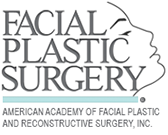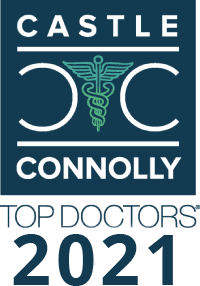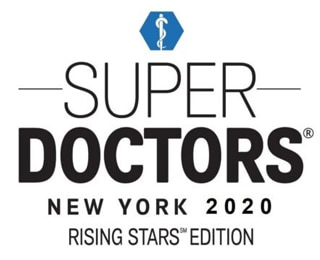Although skin cancer can occur anywhere on the body, it is very likely to develop on the face. As your facial skin is most often exposed to the sun, it receives more contact with harmful UV light. Early warning signs are sometimes missed as they resemble other conditions, such as styes, acne and age spots. It is vital to be alert for new or peculiar looking moles, growths or splotchy areas.
What Is Mohs Surgery?
Getting a cancer diagnosis is a scary and stressful experience. With facial cancer, you may be concerned that (even if your prognosis is good) your appearance will be permanently altered. Thankfully, Mohs surgery represents a positive step forward in removing cancerous growths with minimal trauma to the surrounding area. Mohs is designed to be effective on areas with particularly thin skin, such as the nose, lips, ears and scalp.
As a micrographic surgery, Mohs removes as little skin tissue as possible, resulting in a smaller scar. Mohs can be utilized in the removal of many kinds of skin cancers, including the two most common, basal cell carcinoma and squamous cell carcinoma. If caught in the early stages, even lentigo malignant melanoma is treatable with Mohs surgery.
Surgery to treat other types of skin cancer typically results in a larger scar, as the surgeon is required to remove more tissue to ensure no cancerous cells remain.
Complete Your Recovery with Dr. Maurice Khosh
Despite representing a huge leap forward in minimizing facial scarring following skin cancer surgery, Mohs may result in a noticeable mark on the face. For many cancer survivors, having a visual reminder of their experience, or receiving comments from others, is very distressing. Dr. Khosh can work in tandem with your Mohs dermatological surgeon to further reduce the effects of scarring, giving you back your confidence and peace of mind.
Depending on where your facial cancer has developed, Dr. Khosh will employ skin grafts, skin flaps or skin/muscle flaps to replace damaged tissue. These treatments can be supported by laser treatments, scar revisions or steroid injections to aid the rejuvenation process.
Dr. Khosh believes reconstructive procedures following Mohs surgery work best if coordinated with the excision. If you have been advised that you are a candidate for Mohs surgery, contact his New York surgery today for an appointment.









